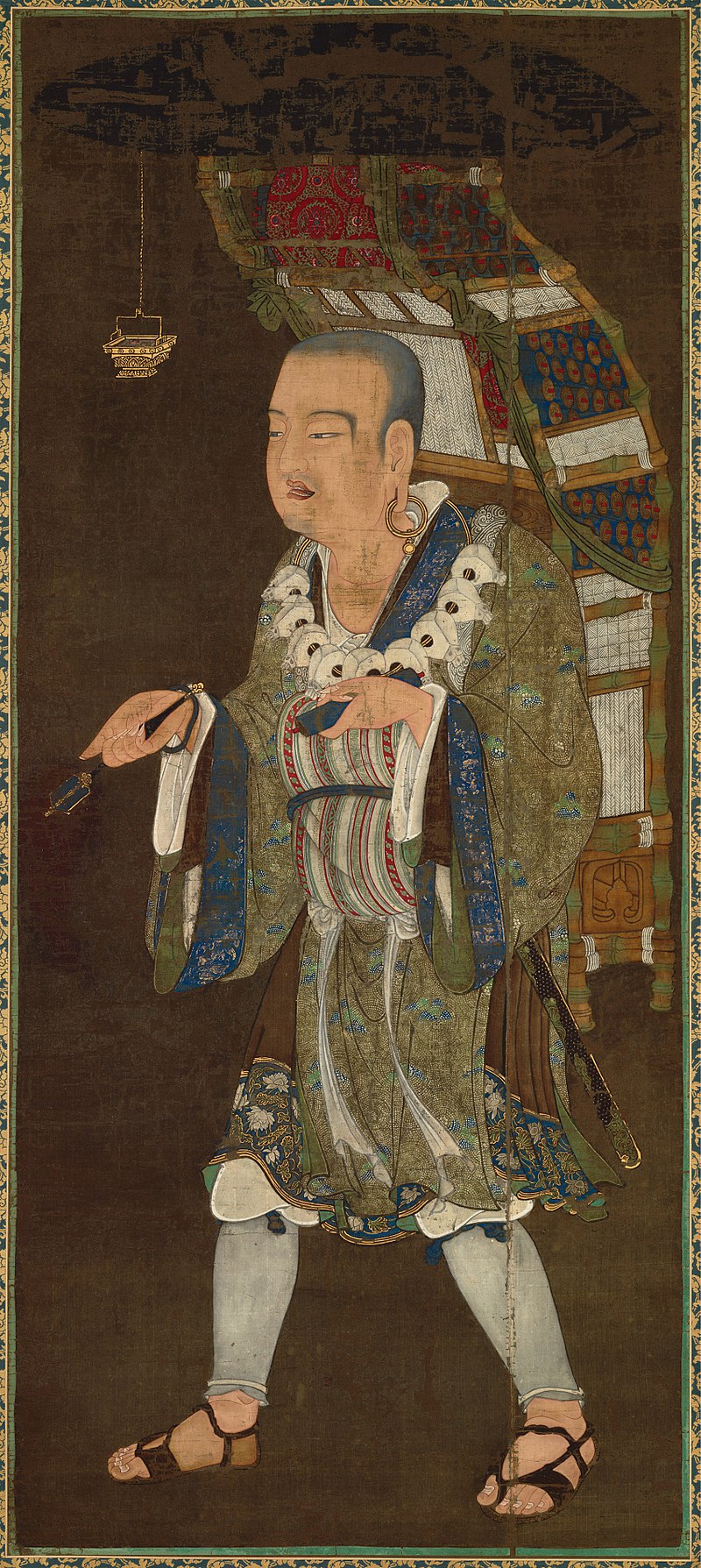
Welcome to our newsletter, dear readers,
• Our monthly selection starts with a chapter by Martin Lings on “The Seven Deadly Sins”, a very subtle analysis and overview of the symbolism and the spiritual aspects of sins and virtues, especially their meaning and correspondences in astrology and alchemy.
By the implacable rhythmic regularity of the performance of rites which is an essential feature of the spiritual path, this promise of the Transcendent is as it were “drummed” ceaselessly into the soul; and since the elements chiefly concerned, those which were made for nothing but the Transcendent, are merely being asked to conform to their true nature, this promise is bound to prove, sooner or later, irresistible—whence the exaltation, by Spiritual Masters in all ages and in all religions, of the virtues of perseverance, patience and reliance.
• Next we have an article on “Dreaming in the Practice of African Marabouts in Paris”, giving an insight into the basics of dream science and dream lore in Islam, and also into the specific world of West-African dream wisdom in a modern European context.
I will not attempt to compare shamanism and Islam with regard to dreaming, but I would like to mention some elements in which they echo each other: in the unobtrusive presence of nature that can appear in some versions of listikhar; in the intricate invisible world marabouts deal with, a world that seems to exceed a religious-sanctioned framework; and, finally, in the openness to personal creation and the importance of a practitioner’s personal experience and expertise.
14th-century Japanese depiction of Xuanzang (Tokyo National Museum)
• Finally, we present a chapter from Xuanzang, A Buddhist Pilgrim on the Silk Road, an account of the famous and epoch-making journey to India (629–645 CE) of the Chinese monk Xuanzang (also Hsüen Tsang, or Mokshadeva). Xuanzang, on whom the monkey character of Journey to the West (Xiyouji) is based, is the one who brought the core of the Mahayana Buddhist texts to China, advancing their translation from Sanskrit into Chinese, in one of the most influential feats of translation in history.
Xuanzang collapses on the sand. He prays to the Compassionate One, Guanyin. Dew falls on the pilgrim and his horse. He is able to slide into a deep slumber. He dreams of a tall spirit who calls out to him, “Why do you sleep instead of going forward with zeal?”
In the context of a forthcoming British Museum exhibition, we thought that some of our readers may be interested in the Smithsonian-produced article The Silk Road: Crossroads and Encounters of Faiths, by Azim Nanji and Sarfaroz Niyozov.
The post Deadly Sins, Dreaming Practice, and a Buddhist Pilgrim first appeared on The Matheson Trust.
Más info en https://ift.tt/lPpvoIQ / Tfno. & WA 607725547 Centro MENADEL (Frasco Martín) Psicología Clínica y Tradicional en Mijas. #Menadel #Psicología #Clínica #Tradicional #MijasPueblo
*No suscribimos necesariamente las opiniones o artículos aquí compartidos. No todo es lo que parece.

No hay comentarios:
Publicar un comentario